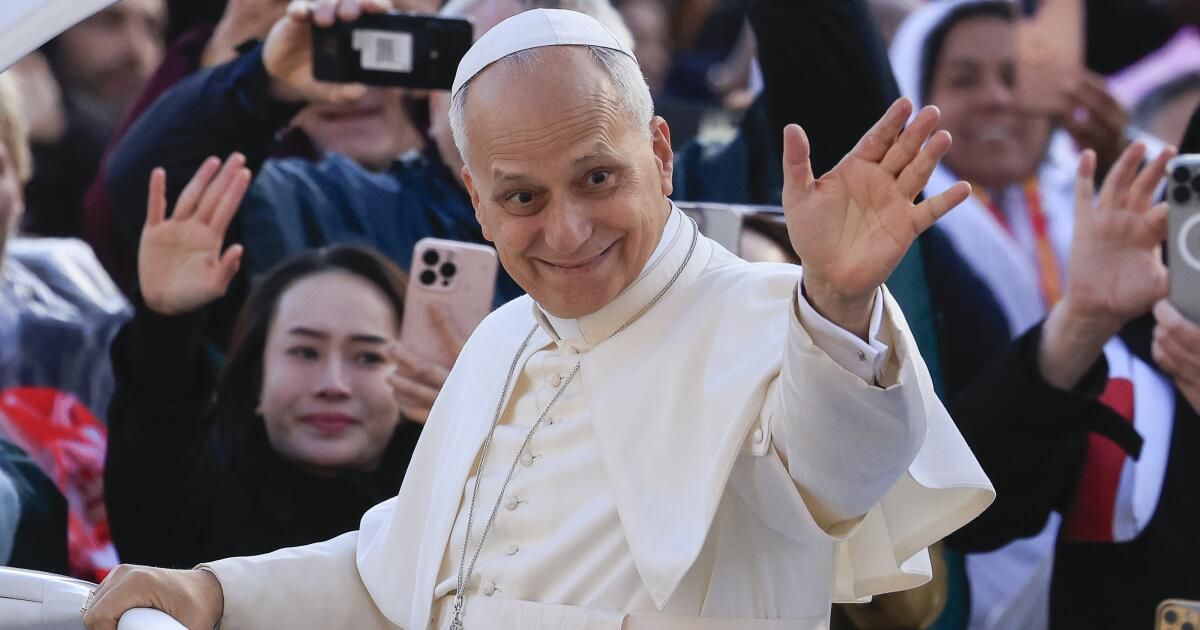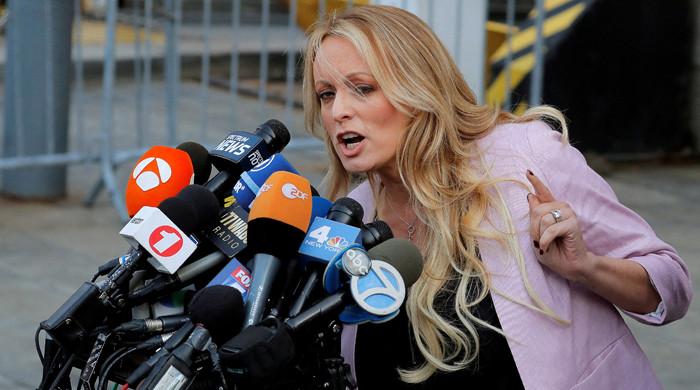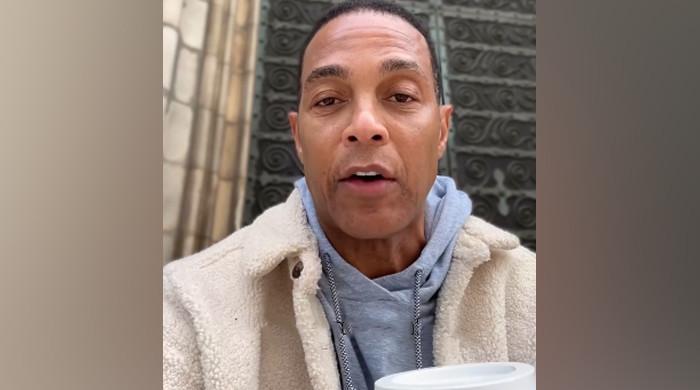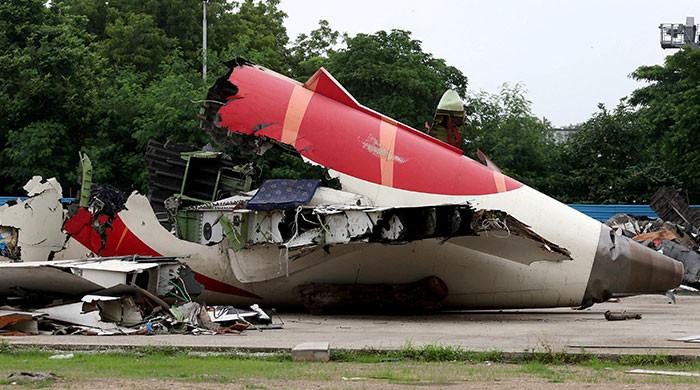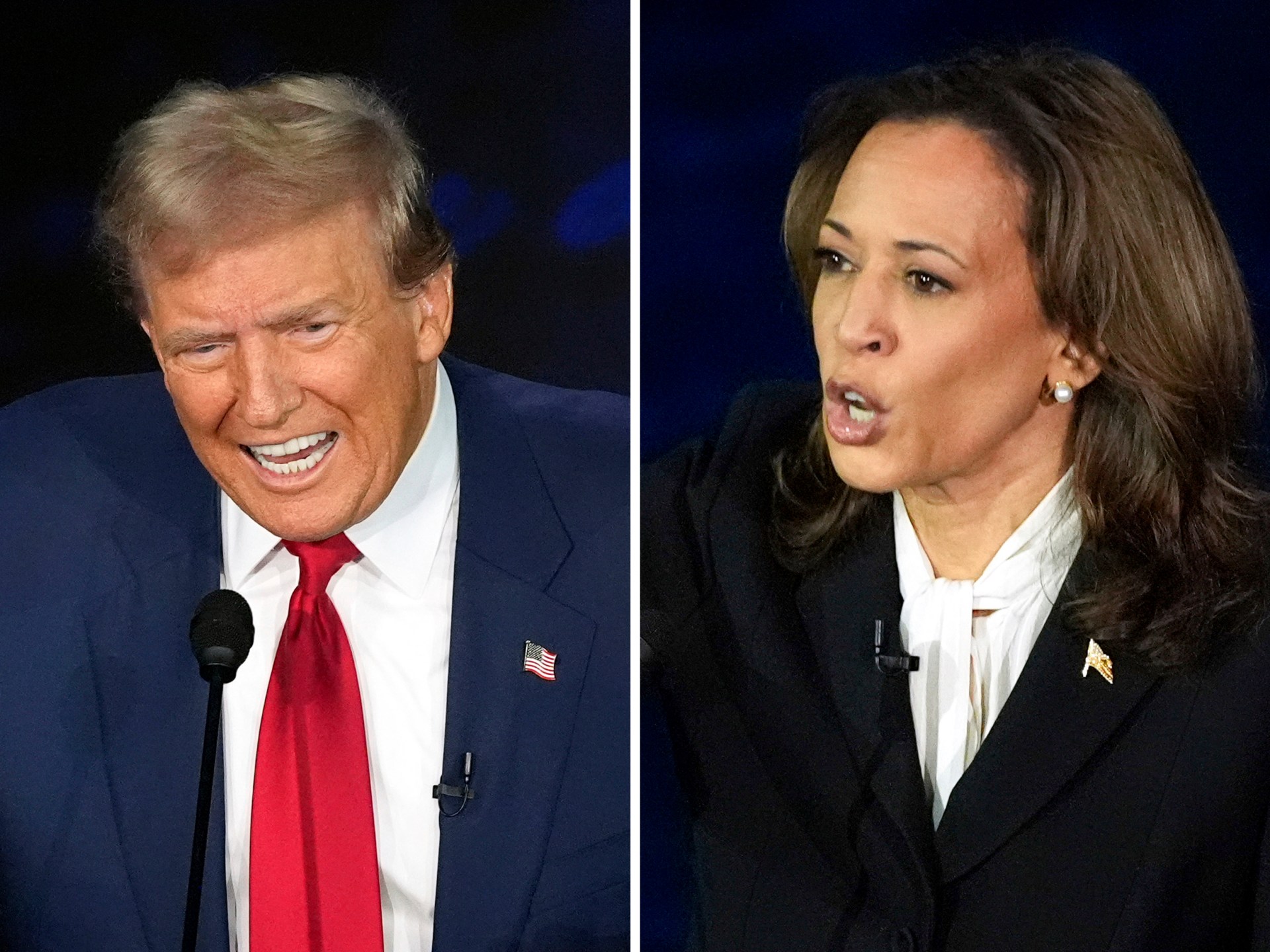BEIRUT— When Pope Leo XIV visits the Middle East this week, he arrives in a conflict-weary region struggling to find peace, even as the specter of war stalks it once again.
In his first international trip since assuming the papacy in May, the Chicago-born pope will travel Thursday to Turkey, where he will celebrate the 1,700th anniversary of the Council of Nicea, where the Nicene Creed, a founding statement of Christian faith and unity, was written in 325 AD.
But perhaps the true test of Leo's international debut is in Lebanon. His arrival fulfills a promise to visit the country made by his bold and charismatic predecessor, Pope Francis, who raised the papacy's international profile with dozens of foreign visits and a propensity for candor in his remarks that endeared him to the faithful, especially in the Middle East.
But Christians (estimated to make up around 30% of Lebanon's population) are not the only ones eagerly awaiting Leo's arrival.
A view of the Sultan Ahmed Mosque in Istanbul, which Pope Leo XIV will see during his visit to Türkiye, which begins on November 27, 2025.
(Arif Hudaverdi Yaman/Anadolu/Getty Images)
Many here hope his visit will be a harbinger of peace, drawing attention to this small Mediterranean nation that is facing a succession of Job-like crises: first, the economy, which collapsed in 2019, sinking the banking system and currency with it; then the port explosion in 2020; and the war between the Lebanese Shiite militant group Hezbollah and Israel, which broke out in 2023 before escalating late last year and leaving thousands dead and large areas of southern and eastern Lebanon pulverized.
Despite a ceasefire negotiated last November, Israel has launched almost daily attacks on its northern neighbor, justifying its attacks as an attempt to prevent Hezbollah from reconstituting, even as the United Nations counted more than 10,000 air and ground violations in Lebanese territory and 127 civilians killed in the year since the ceasefire went into effect.
Israel's attacks have also crippled reconstruction efforts, meaning that most residents of Lebanese border towns (whether dominated by Christians, Muslims or Druze) have been unable to rebuild their pre-war lives. The UN human rights office says around 64,000 Lebanese remain displaced.

The Israeli army launched more than 10 airstrikes against the city of al-Musaylih in southern Lebanon, causing extensive damage, on October 11.
(Houssam Shbaro/Anadolu via Getty Images)
Concerns for the pope's safety have been at the forefront of people's minds for months. In October, in what appeared to be a hot moment on the microphone, Queen Rania of Jordan asked the Pope during a photo op at the Vatican if it was safe to go to Lebanon. “Well, we're leaving,” Leo replied gruffly.
Alarm bells went off again over the weekend when Israel bombed the southern suburbs of Beirut, just two miles from where the Pope was due to land on Sunday. The attack, the first in months near the capital, killed Hezbollah's top military commander and coincided with a general uptick in Israeli strikes and drone activity in recent weeks — all indicators, observers say, of an imminent all-out assault.
However, the journey continues, Lebanese officials say.
For Oumayma Farah, development director of the Order of Malta Lebanon, which helps communities of all religions and nationalities through humanitarian projects, this is a “sign of courage and resilience for the Lebanese population and Christians in the region as a whole.”
“No matter what happens, the Pope will come,” Farah said.
“The Church teaches us not to be afraid, that is why he is the first example.”

A woman walks her dog next to a billboard in Beirut announcing Pope Leo's upcoming visit to Lebanon.
(Anwar Amro / AFP/Getty Images)
As in most countries where Christianity first took hold, wars and economic lethargy (not to mention a relatively easier path to emigration) have diminished Lebanon's Christian population over the decades.
Throughout the Middle East, the number of Christians has gone from 20% of the population to just 5%; Lebanon remains the Arab country with the highest proportion: Christians make up about 30% of the population, according to estimates by several research groups and the US State Department.
The Pope's insistence on coming to Lebanon, Farah said, was “refocusing the importance of this country” and a “wake-up call” for its politicians. After spending three days in Türkiye, the Pope will arrive in Lebanon on Sunday and depart on Tuesday.
In the Lebanese capital, Beirut, and other areas on the pope's itinerary, signs of furious logistical activity and preparations abound: police and security personnel have stepped up their presence. A two-day holiday was announced to allow participation in public prayer events, even as parishes and schools across the country have stepped in to bring worshipers to mass near the site of the Beirut port explosion, which was ruled an accident caused by negligence, and elsewhere.
Meanwhile, road works and maintenance, virtually repealed in recent years due to the government's financial problems, have been in full swing. The joke in town is that people want another papal visit if only for the government to finish repaving all the potholed streets in the country. A bitter corollary is another joke that the renovated roads will last only until the Pope leaves, because they will be destroyed in a new Israeli campaign.

In addition to visiting the Sultan Ahmed Mosque in Istanbul, Pope Leo will travel to the Turkish city of Iznik, ancient Nicaea, to commemorate the 1700th anniversary of the Council of Nicaea.
(Arif Hudaverdi Yaman/Anadolu/Getty Images)
The dark humor reflects the uncertainty of the moment, with the United States and Israel pressuring the Lebanese army to completely disarm Hezbollah, even as the group insists it will only disarm in the south of the country.
Lebanon's government, in turn, says it cannot persuade Hezbollah to hand over its weapons while Israel continues to occupy Lebanese territory, and that doing so by force would lead to civil war.
The hope is that the pontiff can help break the stalemate. But while few expect change to come so quickly, the visit is still important, said a Maronite parish priest, Father Tony Elias, of Rmeish, a town just across the border from Israel.
“When the Pope visits a country that has suffered for so long, this is really enough to ease that pain,” Elías said.
Rmeish, who maintained a resolutely neutral stance during the war, is relatively unscathed, an exception in the wasteland that has become Lebanon's border zone after years of Israeli bombing.
Elias said he would have liked the Pope to visit the south, but he was not disappointed, as he and 200 other people from the village would travel to Beirut and join the pontiff.
“If he can't come to the south, we can go to him,” Elías said.

